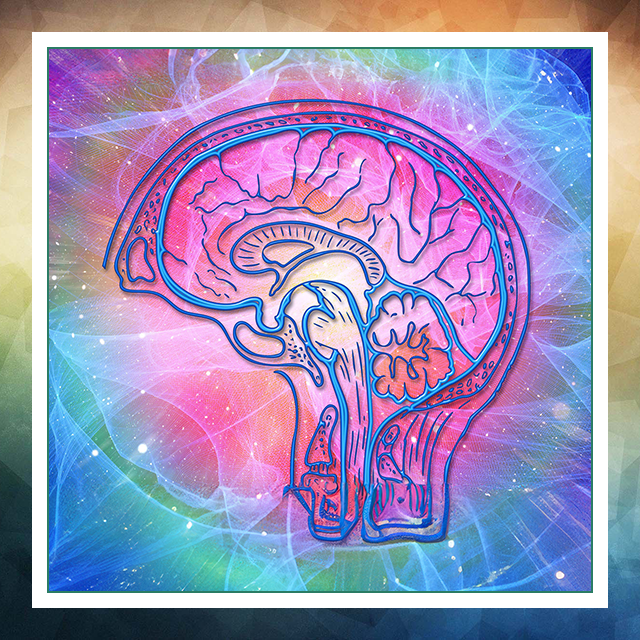Cognition & Brain Health Evaluation &
Course Completion Certificates
Completion Certificates download link on completion of survey – Click Here
Cognition & Brain Health Evaluation &
Course Completion Certificates
Completion Certificates download link on completion of survey – Click Here

Optimizing Brain Health:
A Comprehensive Functional Medicine Approach to Preventing and Reversing Cognitive Decline
Live Webinars: Mondays: November 18th, 2024 – April 7th, 2025
(All sessions are also recorded for review afterward)
Meeting time: 7:45 – 9:45 PM ET (adjust for your time zone)
No classes on Dec 23rd and 30th and March 10th
Overview:
Concerns related to cognition and brain health are ever-growing for our population, and rightfully so. It was estimated in 2019 that 50 million people lived with dementia worldwide, with numbers expected to almost double every 20 years, to 82 million in 2030 and 152 million in 2050.
This module will detail the different types of dementia and focus on the causes and factors of age-related cognitive decline and Alzheimer’s. It will also explore nutritional factors associated with cognitive decline, including foods considered excitatory, advanced glycation end products (AGEs), and glycemic control. The impact of oxidative stress and mitochondrial dysfunction will also be examined.
Along with genetic predisposition, the APO E gene will be discussed with its connection to Alzheimer’s. A review of nutritional biochemistry, and nutritional lab assessment will reinforce the necessity of several nutrients including B vitamins, CoQ10, lipoic acid, and more in support of cognition.
Prevention is the key to maintaining optimal cognition and brain health. This section of our module also covers nutritional and herbal interventions that support cognitive function. These interventions affect multiple brain processes by regulating neurotransmitter pathways, synaptic transmission, membrane fluidity, and signal-transduction pathways. Some of these include omega-3 fatty acids, lutein, folate, and more. Supplement examples are given.
Learning Objectives:
After completion of the Cognition and Brain Health module, participants will be able to:
Practice Exercises:
Course Modules
| Module 1 | Cognition and Brain Health |
|---|---|
| Unit 1 | Hot Topic Webinar |
| Unit 2 | Course Content |
| Unit 3 | Case Studies |
| Unit 4 | Traumatic Brain Injury |
| Unit 5 | Course Quiz |